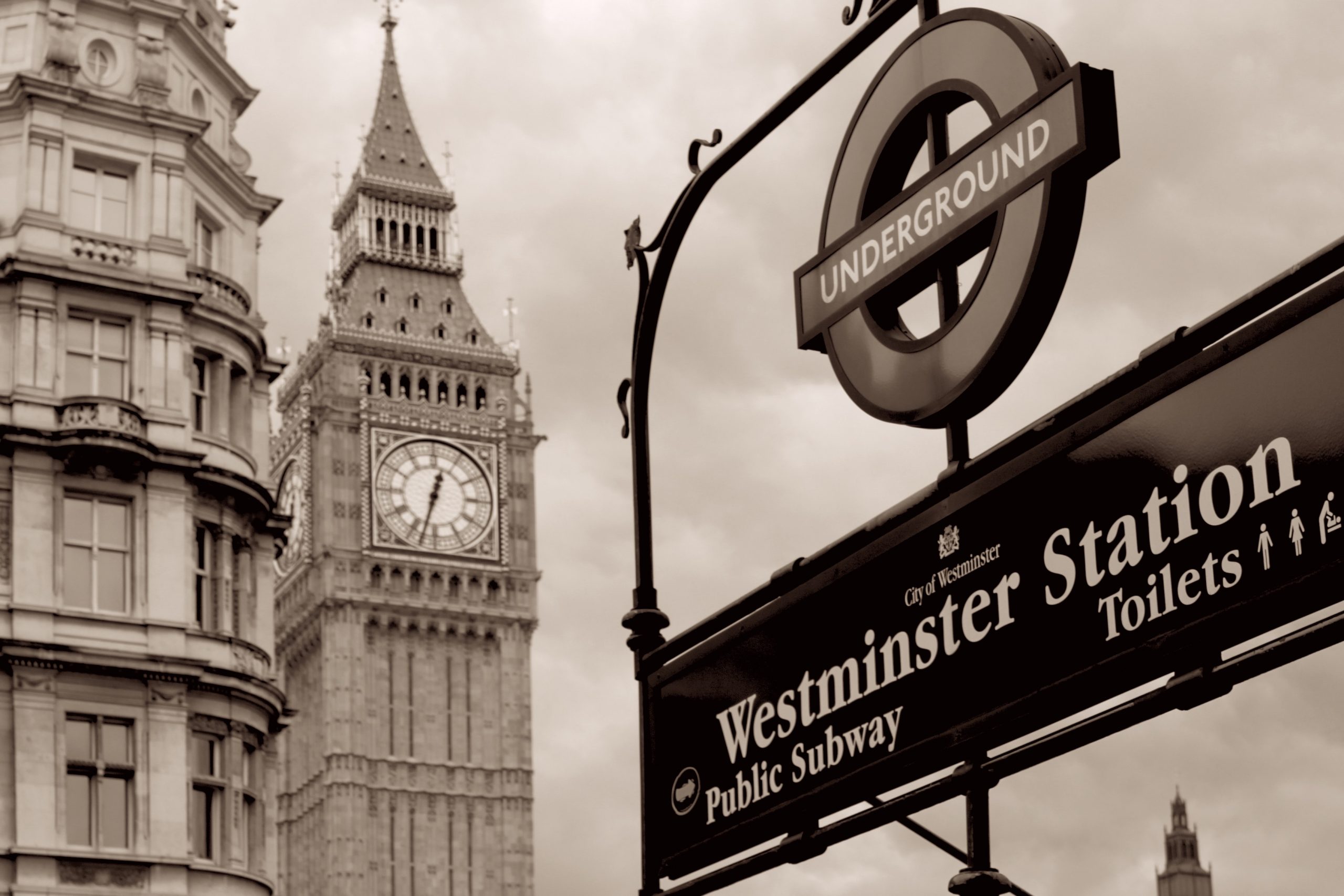After nearly losing a general election that she did not need to call, last year ended with Mrs May pulling off the greatest coup of her Premiership. By stumping up enough money, she persuaded the EU that sufficient progress had been made to enable the talks to progress to trade and transition arrangements.
There will not be another EU deal done until the final week of March 2019 and so, over the next 14 months, there will be much talk of the UK heading for a hard Brexit. The media will get into a lather about lack of progress, the City will complain that passporting will not be preserved, and you can expect David Davis to walk out of the talks with Michel Barnier at least once. There will be more knife-edge parliamentary votes, and there may even by a stand-off between Lords and Commons. All that is ahead of us, but what is important from Mrs May’s standpoint is that she has bought herself time.
Now begins the main work of her Premiership. She has been busy appointing ministers to run the country. Buying time is not the same as acquiring political authority, as the reshuffle clearly demonstrated. Her room for manoeuvre was limited by her wafer-thin majority. (She should consider herself fortunate that she has a majority at all. It is only the Democratic Unionists’ loathing of Jeremy Corbyn that guarantees confidence in her government.) To prevent a challenge to her leadership, Mrs May had to accommodate the ambitions of younger talent in her party. She also had to be careful to ensure that no-one with a significant following within the party would end up on the backbenches. It was for this reason that she was unable to remove her Chancellor, Foreign Secretary or Health Secretary from their posts. Justine Greening, who returned to the backbenches after refusing to move to the Department of Work and Pensions, can deliver only one extra vote against the government in any key Brexit parliamentary vote: her own.
Mrs May has brought fresh new faces to the Cabinet. The promotions of the talented and capable Esther McVey, Matthew Hancock and Damian Hinds (all of whom were educated in the north west of England) stands in stark contrast to the sideways moves and lack of promotion for the patrician trio of Jesse Norman, Jo Johnson and Rory Stewart (all of whom were educated in the south east, at Eton). Their old school mate Jacob Rees-Mogg didn’t even get offered a job, despite his profile and popularity among the party rank and file. Mrs May hopes to step down after the transition period in 2021, by which time her new Cabinet appointments will be old hands, not least the new Defence Secretary Gavin Williamson, who is commonly acknowledged as the front runner to succeed her.
If she lasts that long, Mrs May will go down in history as a great survivor. She has always been a plucky politician who is willing to front up, regardless of how fragile her own inner confidence might be. Her unwillingness to quit can be attributed to stubbornness, but it is a stubbornness borne of a deep commitment to public duty.
The new cabinet ministers are all relatively young, modernising Conservatives: believers in meritocracy, in a greener agenda and in the need to attract younger voters. The challenge that she has set for the new Conservative Party Chairman Brandon Lewis is to look for ways to appeal to natural Conservatives who nonetheless find themselves moved by the leftist sentimentality that fills their social media channels.
The Labour party is in the grip of a hard left movement, Momentum, which is not only winning the ideological battle on social media but now has a majority on the party’s ruling National Executive Committee. It remains to be seen whether the leadership can persuade its army of followers on social media to actually turn up in person to oust Labour moderates at parliamentary selection meetings. The scheming, divisive, nasty politics of those who run Momentum is a far cry from the naive, lovable enthusiasm of the generation which in 2017 embraced the fashion for Corbynmania.
Like most manias, Corbynmania was founded on a myth: that under the Conservatives there has been a rise in inequality. Wage inequality in the UK is actually at a 30 year low, unemployment is at a 40 year low, industrial output is at a 30 year high. Exports are rising. The FTSE keeps on rising. The lowest earners have consistently seen their income tax thresholds raised. The incomes of the poorest in Britain are rising the fastest.
The Conservatives ought to be trying to take much of the credit for this. Yet they appear to say the opposite. Instead of putting the moral case for freedom and free markets, they have given voters the impression that economy needs market intervention, that most bosses pay themselves too much, and that we all need more government in our lives. Mrs May is rarely heard making the simple point that capitalism remains the greatest system for the creation and dispersion of wealth yet discovered.
Conservative party members and backbenches would love 2018 to be the year she seizes back the political initiative from Mr Corbyn, by articulating a vision for Britain based on the values of freedom, personal responsibility, family, enterprise and choice. But it will not be. The Prime Minister will remain distracted by Brexit business. It is going to be a year dominated by statecraft and politics, rather than by the emergence of any big new political agenda.







